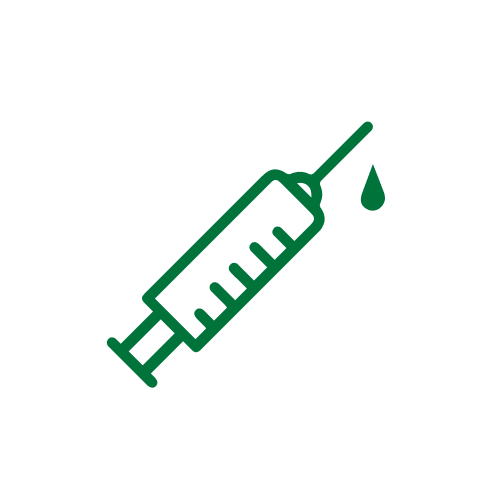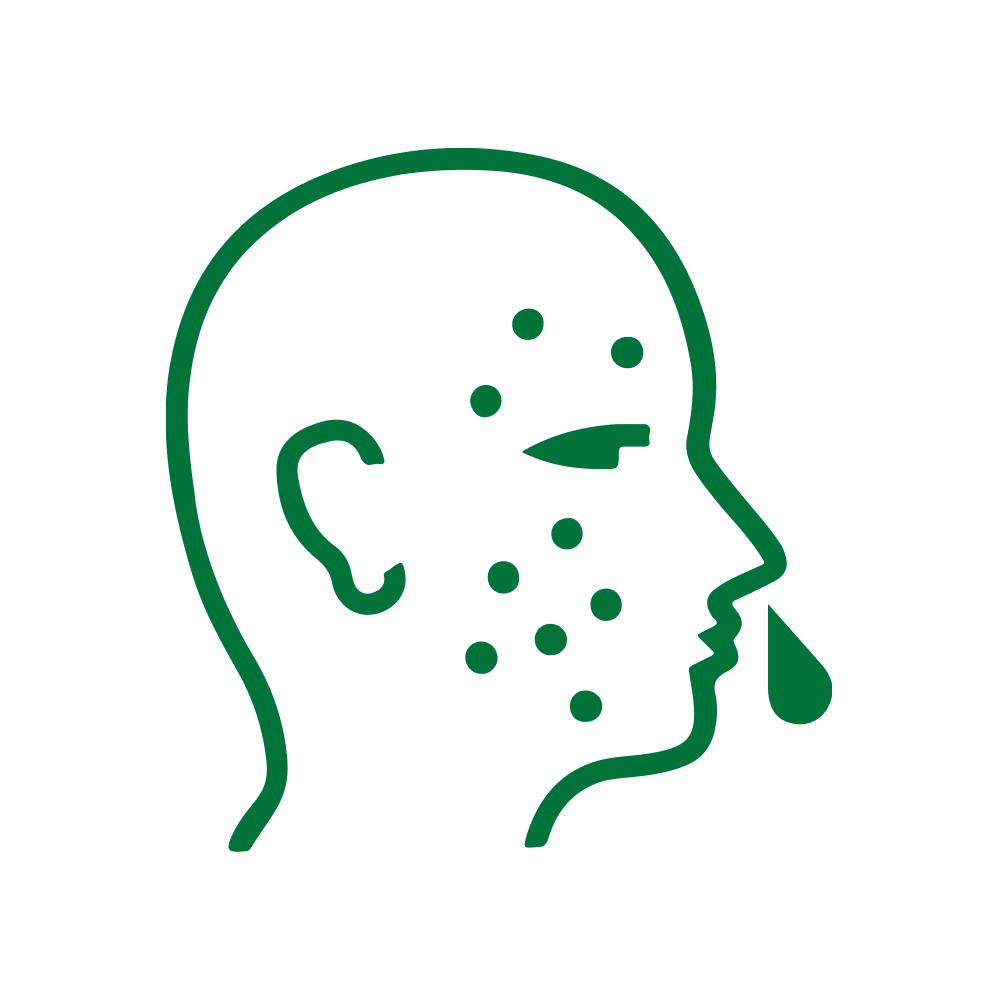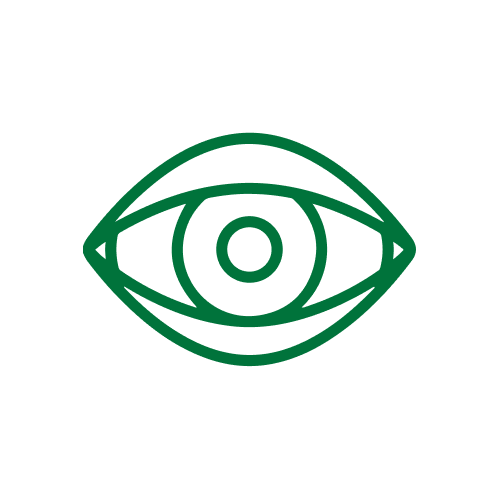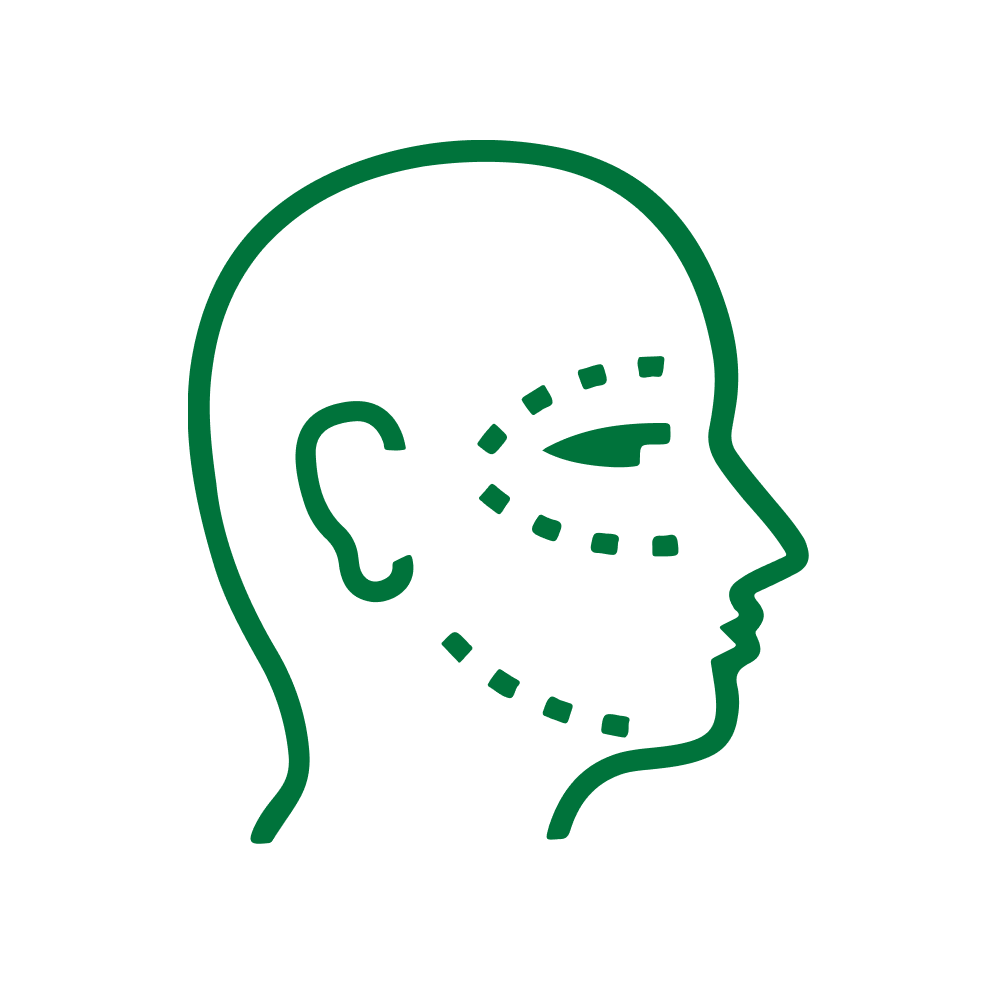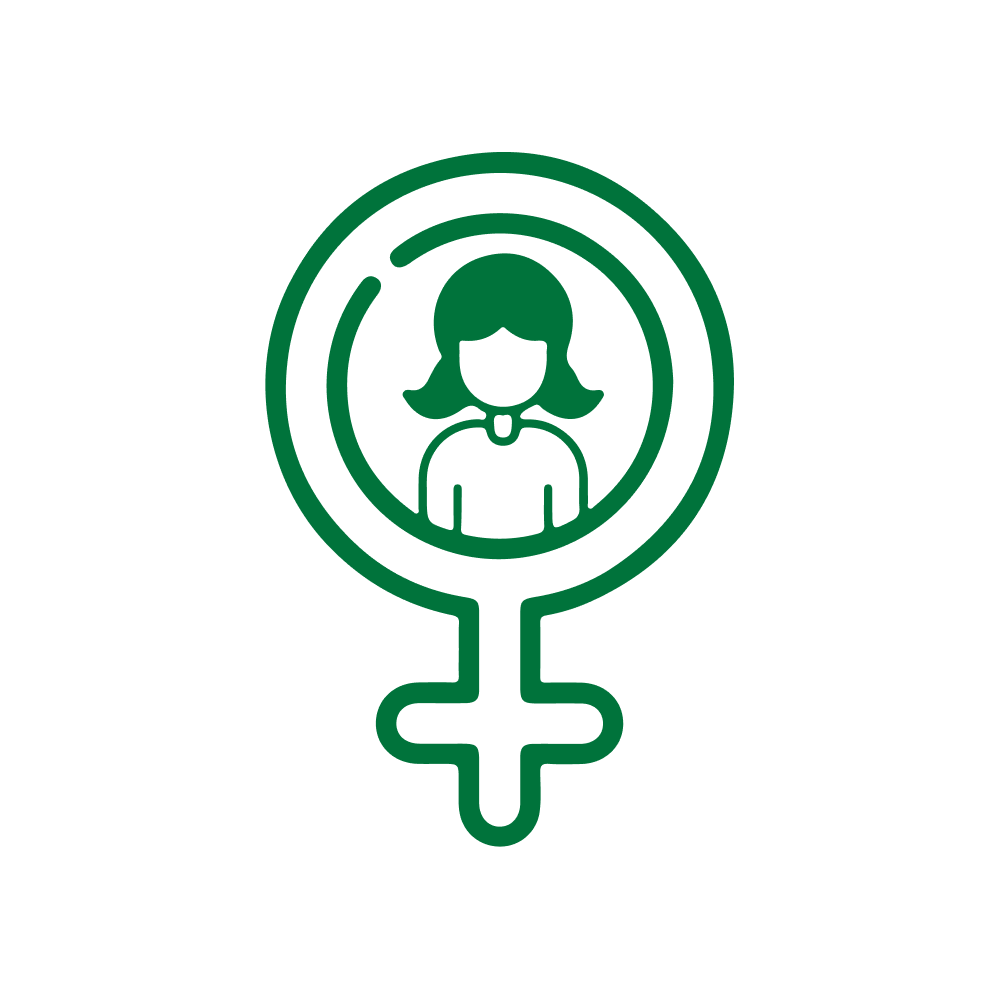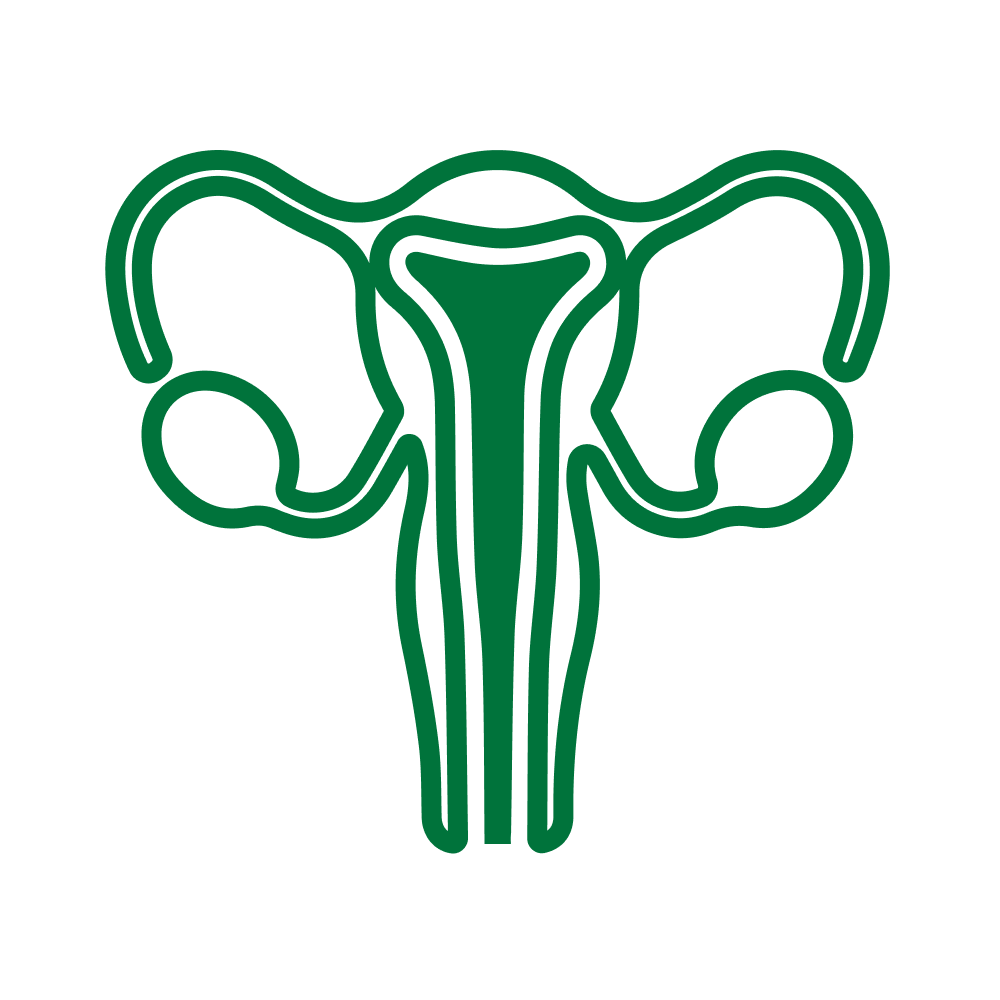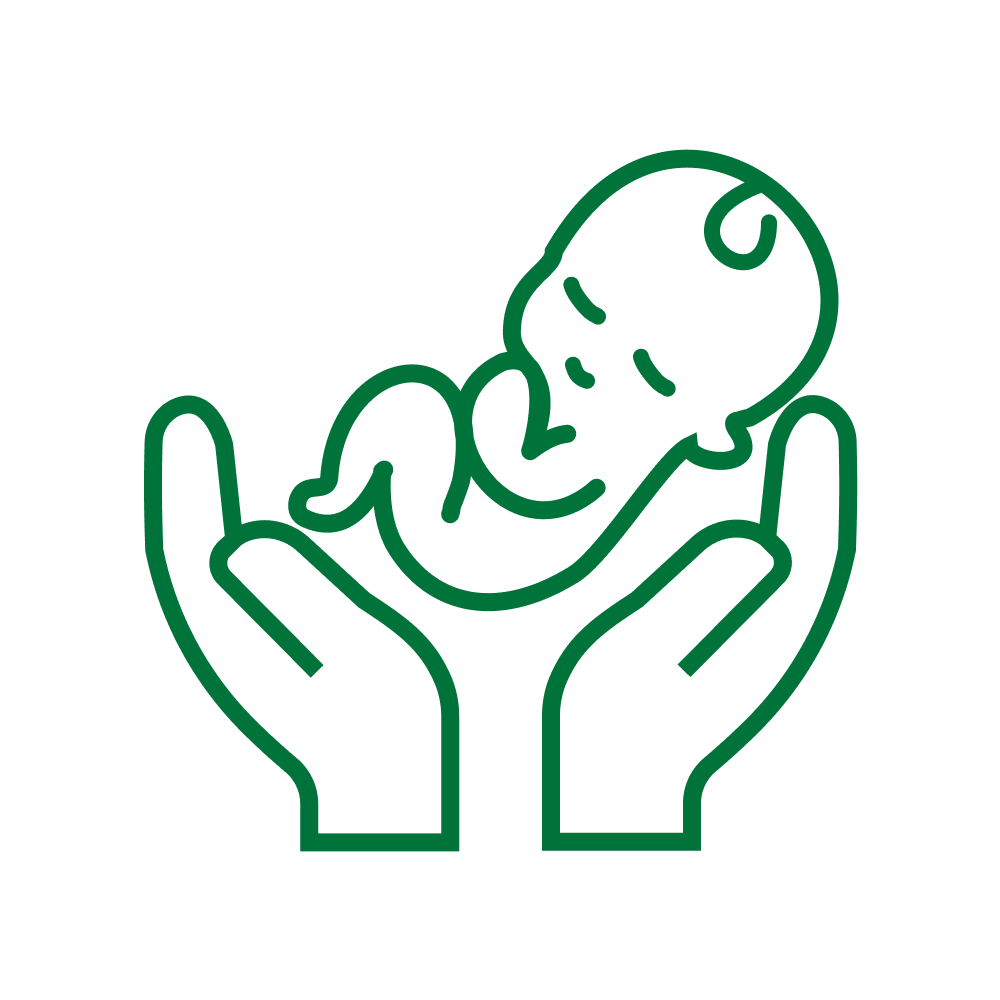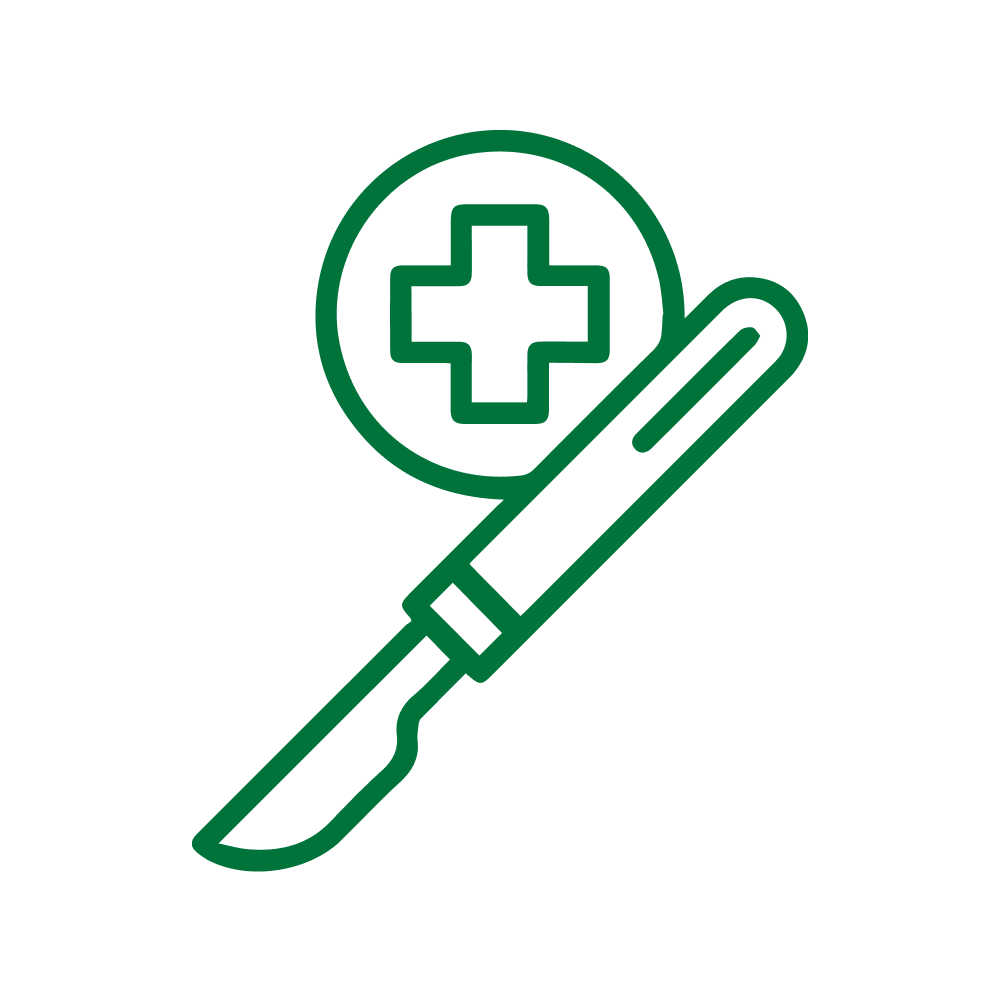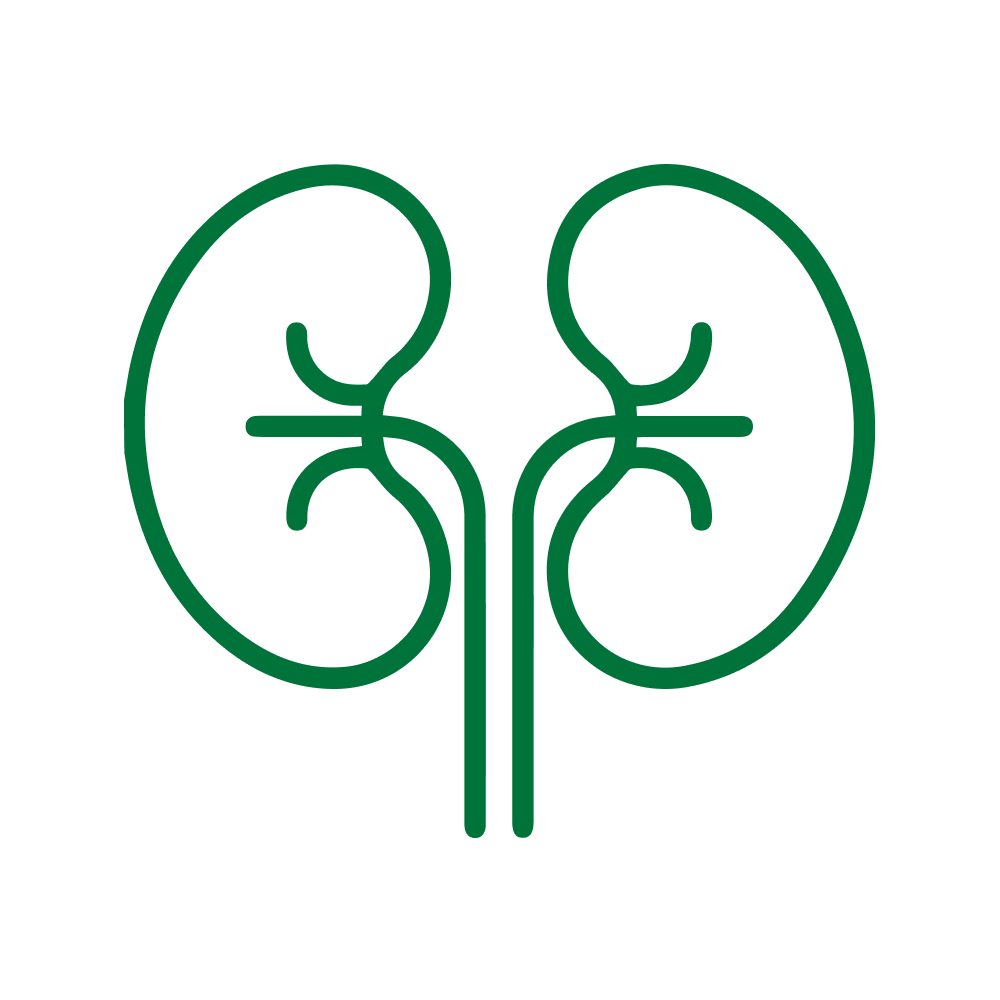Wigmore Hospital for Women and Children provides dermatology services, serving both women and children.
Services include:
• Dermatologist consultation
• Dermatoscopy of skin growths (instrumental diagnosis of moles and other skin growths)
Pediatric dermatology services at our hospital offer specialized care for children with skin, hair, and nail conditions. Our team of expert pediatric dermatologists understands the unique needs of young patients, providing comprehensive evaluations, diagnoses, and treatments in a child-friendly environment. We address a wide range of conditions, from common issues like eczema, acne, and birthmarks to rare genetic skin disorders and severe infections. Our approach is compassionate and tailored to each child, ensuring they receive the best possible care with the least discomfort. The service also includes patient and family education to help manage ongoing skin conditions effectively at home.
Pediatric dermatologists treat a variety of skin, hair, and nail conditions specific to infants, children, and adolescents. Some of the most common diseases and conditions they manage include:
• Eczema (atopic dermatitis): A chronic condition that causes inflamed, itchy, and red skin. It is one of the most common skin conditions in children.
• Acne: While often associated with adolescence, acne can affect younger children as well. Pediatric dermatologists treat mild to severe acne, including cases resistant to over-the-counter treatments.
• Birthmarks: This includes vascular birthmarks like hemangiomas and pigmented birthmarks like café-au-lait spots.
• Psoriasis: A chronic autoimmune condition that causes rapid skin cell turnover, leading to scaling and inflammation. It can be particularly challenging to manage in children.
• Skin Infections: Bacterial, viral, and fungal infections such as impetigo, warts, molluscum contagiosum, and ringworm are commonly treated by pediatric dermatologists.
• Genetic Skin Disorders: Conditions like ichthyosis, epidermolysis bullosa, and neurofibromatosis, which require specialized care due to their complexity and chronic nature.
• Contact Dermatitis: Allergic reactions or irritations caused by contact with various substances, including soaps, detergents, and plants like poison ivy.
• Hair and Scalp Disorders: Issues like alopecia (hair loss), cradle cap, and scalp psoriasis are addressed, often with a focus on minimizing psychological impact.
• Nail Disorders: Conditions such as fungal infections, ingrown nails, or other abnormalities in nail growth and appearance.
• Pigmentation Disorders: Conditions like vitiligo, which causes loss of skin color in patches, or other hyperpigmentation issues are often managed by pediatric dermatologists.
• Moles and Skin Growths: Monitoring and, if necessary, removing moles, cysts, warts, and other benign or suspicious skin growths, with a focus on early detection of skin cancer, although rare in children.
• Vascular Anomalies
Pediatric dermatologists are trained to provide treatments tailored to the needs of young patients, often coordinating care with other pediatric specialists to address complex cases.
Our team of dermatologists also offers consultations for adults with various skin, hair and nail diseases:
- Acne
- Rosacea
- Psoriasis
- Eczema (atopic dermatitis)
- Skin infections
- Skin cancer
- Hair diseases
- Nail diseases
- Pigmented disorders
- Autoimmune skin diseases



